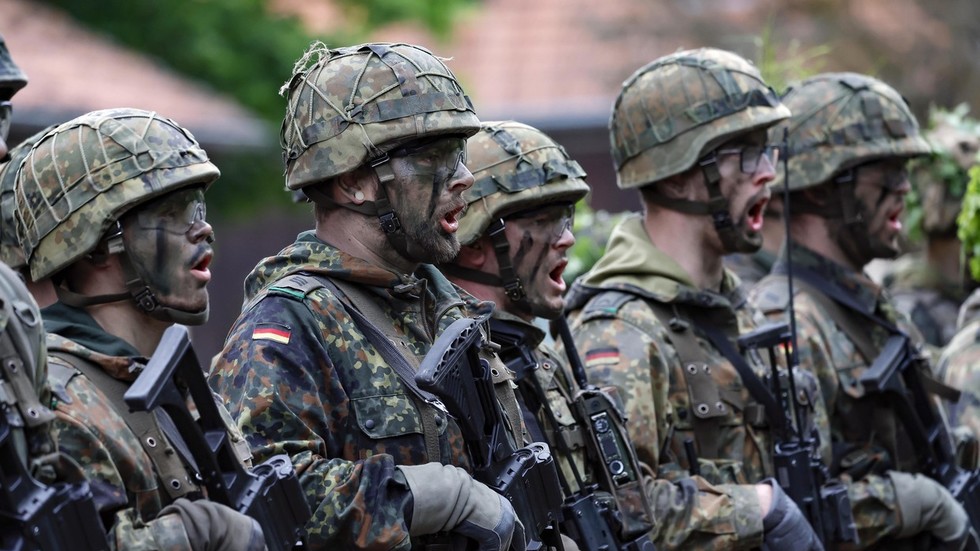Moscow is too focused on the Ukraine conflict to attack the US-led military bloc, Andreas Henne has said
Russia is committed to the Ukraine conflict and is unlikely to pursue an attack against NATO, according to the commander of the German Army’s Homeland Security Division, Major General Andreas Henne.
European officials have increasingly claimed in recent years that Moscow is planning to attack the US-led military bloc – speculation which Russia has dismissed as “nonsense.”
Henne was asked to comment on the possibility of an attack in an interview with Focus magazine published on Monday.
“The Russians are very committed in Ukraine and couldn’t possibly carry out such an attack to its conclusion. I’m telling you this as a military analyst,” he said. “One can’t rule anything out with regard to Russia, but I personally think that we will experience many more summers of peace.”
Since the escalation of the Ukraine conflict in 2022, NATO has “adapted and created a new force model,” Henne stated, adding: “This envisions us bringing forces to the northeast flank very quickly.”
Germany is the US-led military bloc’s “most important hub” for this, he said.
The German Defense Ministry has reported a sharp rise in military recruitment since the start of the year, which officials in Berlin have claimed is directed at countering the alleged “threat” from Moscow.
Kremlin spokesman Dmitry Peskov has condemned the claims, accusing Berlin of “whipping up hysterical Russophobia” in Europe. “Everything is being done to create an image of our country as an enemy,” he said in a press briefing last week.
READ MORE:
Germany and rest of EU transforming into Fourth Reich – Lavrov
Russia has condemned NATO’s recent push to increase military spending to 5% of GDP, accusing European members of the US-led military bloc of rampant militarization.
“Today’s Europe has completely plunged into a Russophobic frenzy, and its militarization is becoming, in fact, uncontrolled,” Russian Foreign Minister Sergey Lavrov said last week in an article for Rossiyskaya Gazeta.
Read the full article here
